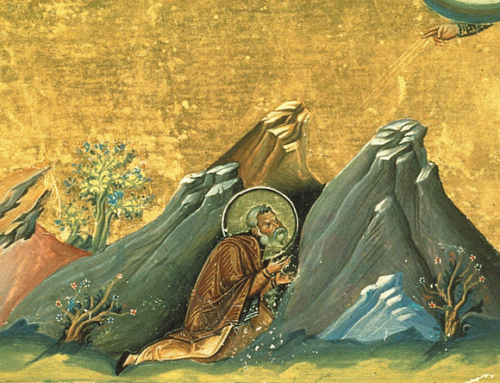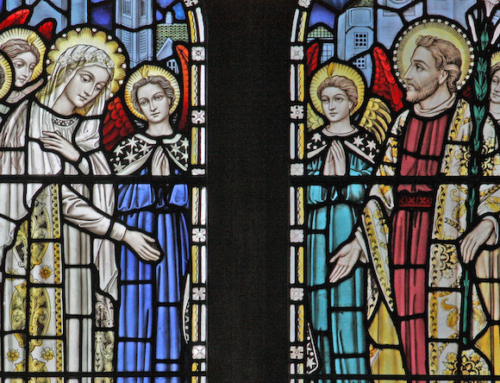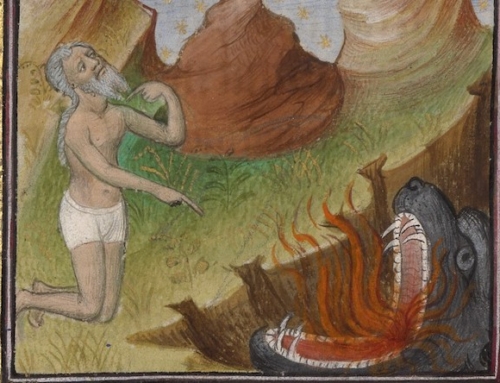The taillights of the Buick ahead of me glared red as it slowed to join the syncopated rhythm of stop-and-go traffic. As I reined in the Ford to take my place at the back of the pack, I couldn’t help but be struck by the irony of the interstate jam. Here I was on a stretch of pavement wide enough and straight enough to land a commercial airliner in case of emergency. This was a highway with clovers, stacks, cloverstacks, and diamonds, all designed to make the brake pedal more or less unnecessary. This was a road that stood for progress—unobstructed, barreling-forward progress. This was a road that ought to numb my soul with the wide-eyed rest of highway hypnosis. But alas, the constant onrush of lane markers slowed to a halt, and I was startled to realize I wasn’t getting where I wanted to go. Where was I going anyway?
It seems a bit odd that we, free rational creatures that we are, so often find ourselves acting on momentum. It turns out that we do not possess uninhibited, self-reflective willpower. We are not the perfectly self-aware creatures that we sometimes imagine ourselves to be. Our normal moral state is not far from a state of highway hypnosis. This is because our actions flow from a moral momentum, and often enough we don’t have the faintest idea where this momentum is taking us until something unavoidable stands in our way. It is in the moment of gridlock, the moment of obstruction, that our desire and resolve are tested. How much do you want to get there? What are you willing to endure for the sake of that which you seek? Are you even heading where you want to go?
If our highway driving is any indication, we can see that trial and tribulation are like trumpets calling us to attention, awakening us to the questions that lie at the heart of our moral trajectory. Imagine if we never experienced such a call to attention. Imagine if there were nothing to wake us from our highway hypnosis. Who knows where we might end up?
Although pain and disappointment, rush hour and gridlock are never pleasant, we can see how God brings good out of these evils. Suffering plumbs the depth of love; it demands a reckoning of our moral integrity. While never pleasant, this reckoning can reveal either the authenticity of our love or its superficiality. This is why we proclaim Christ and Christ crucified, for the depth of God’s love is revealed in His Son, who laid down his life that we might reach our heavenly destination and live in his joy forever.
✠
Image: Taillight







